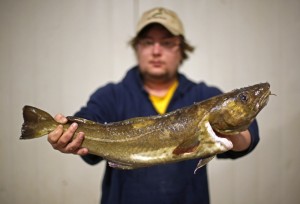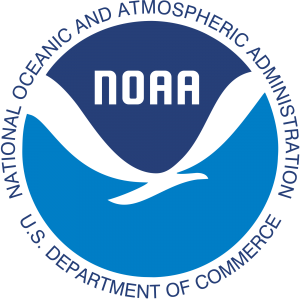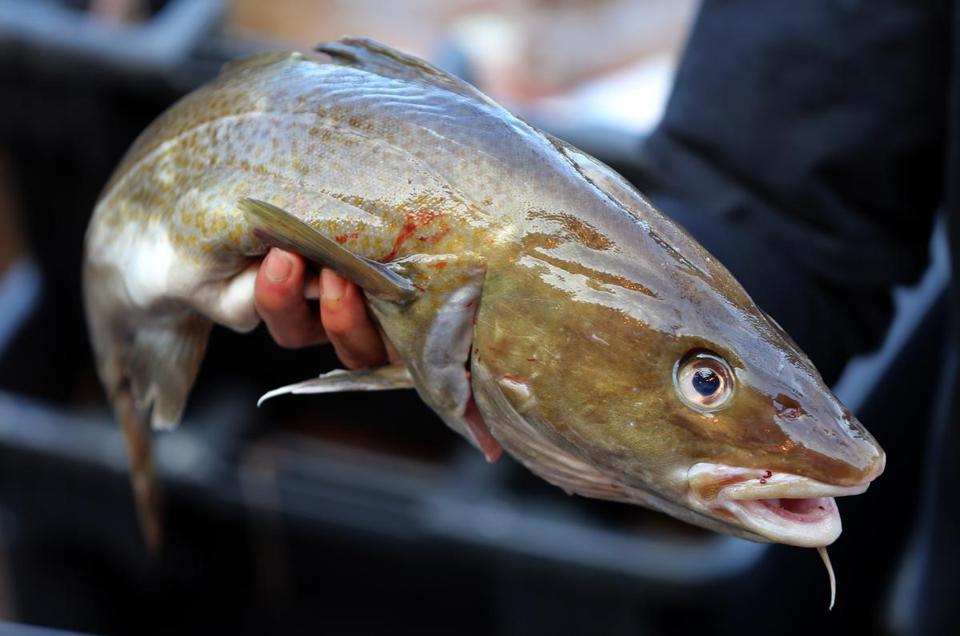The ocean is the definition of a common pool resource. When it comes to managing the resources inside, it requires the communication and cooperation of many different groups of people, ranging from the ones who fish it themselves all the way to international relations.
Fishermen: Arguably those who have taken the hardest hit  besides the cod themselves. The 2015 restrictions to commercial fishing have heavily decline profits, not allowing fishermen to make a living solely on cod fish. Recreational fishermen also have taken a blow as some families although the New England coast rely on hand caught fish as part of their diets.
besides the cod themselves. The 2015 restrictions to commercial fishing have heavily decline profits, not allowing fishermen to make a living solely on cod fish. Recreational fishermen also have taken a blow as some families although the New England coast rely on hand caught fish as part of their diets.
The Gulf of Maine Research Institute (GRMI): The scientists at the GRMI have the responsibility of collecting data and completing stock assessments on the cod. As new information is discovered every day, the researchers get closer to discovering the route of the problem and solving the crisis. With the 2015 stock assessment, the scientists are beginning to expect a larger problem is at play in the Gulf of Maine (GOM) besides overfishing: rising sea temperatures.
 National Oceanic and Atmospheric Administration (NOAA): These researchers are in close contact with the GMRI researchers and work with them to complete the annual stock assessments. NOAA is largely in charge of creating the restrictions placed on both commercial and recreational fishermen. These rules, like the constant outflow of data, are always adapting to reflect it. NOAA is also the face of the international relationship between the US and Canada for fishery stock management.
National Oceanic and Atmospheric Administration (NOAA): These researchers are in close contact with the GMRI researchers and work with them to complete the annual stock assessments. NOAA is largely in charge of creating the restrictions placed on both commercial and recreational fishermen. These rules, like the constant outflow of data, are always adapting to reflect it. NOAA is also the face of the international relationship between the US and Canada for fishery stock management.
US Coast Guard: Although they are not exactly a welcomed site when hauling in some fish or just boating around, the men and women of the US Coast Guard are not only there to protect you but also the creatures below you. They have the task of enforcing the regulations given to them by NOAA so that illegal catches occur minimally. Without an enforcement body, the tradegy of the commons is allow to persist and the stock assessments and resulting recommendations will have no impact on the cod population.
US Congress: Due to the dismal stock assessements, the Fisheries Service was forced to declare a federal fisheries disaster, resulting in the extreme restrictions imposed on commercial fisheries in the GOM currently in place. As a result, in 2014, Congress allotted “$32.8 million in federal disaster money to the New England groundfish industry.”
